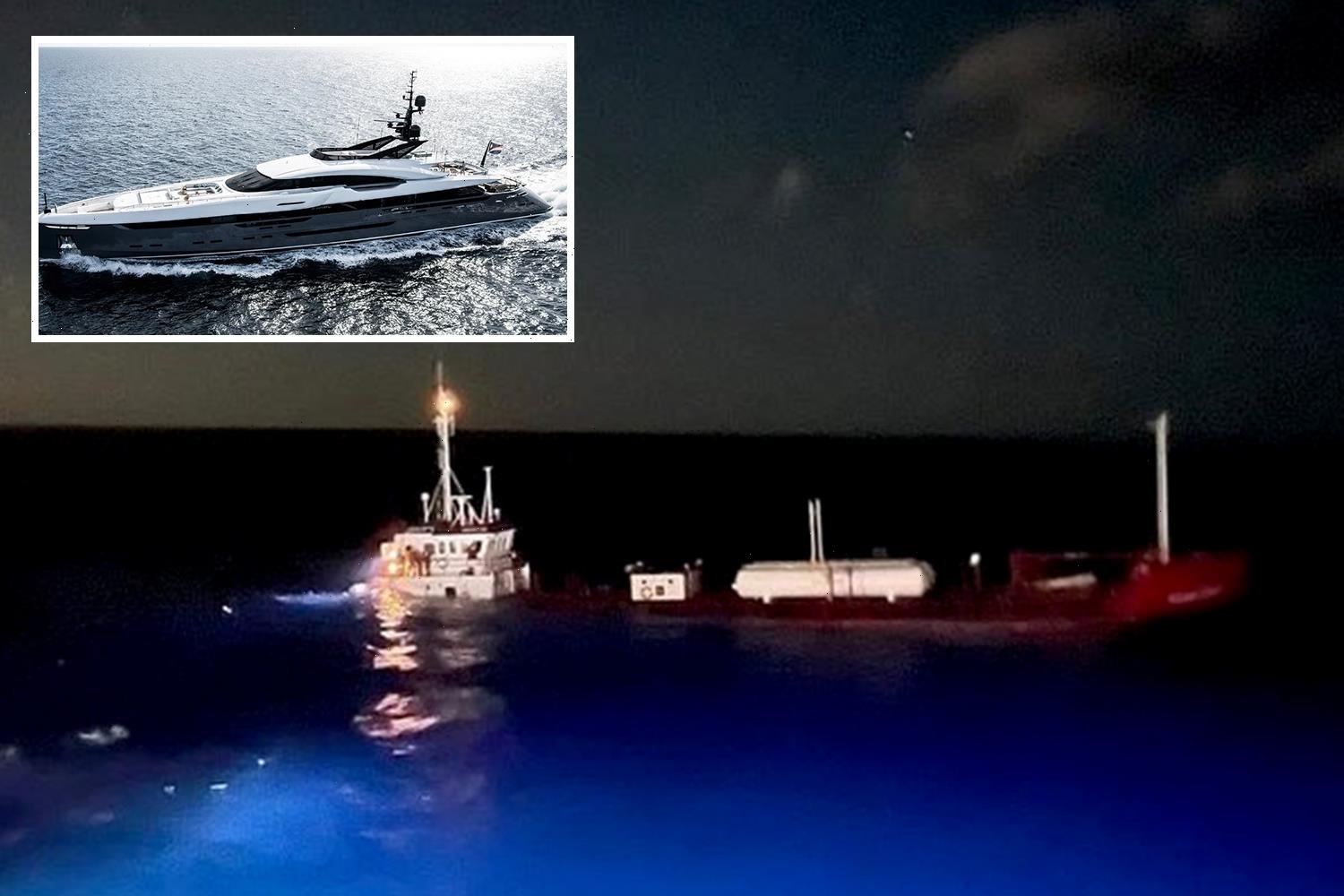Mystery UFO spotted during SpaceX livestream
We use your sign-up to provide content in ways you’ve consented to and to improve our understanding of you. This may include adverts from us and 3rd parties based on our understanding. You can unsubscribe at any time. More info
The EU Commission has announced that it will aim to launch its newly proposed satellite mega-constellations with some sort of initial service in 2024. In a speech at the 13th European Space Conference, EU Internal Market Commissioner Thierry said that he wanted to get the idea off the ground as soon as possible. He said: “My objective is to go fast. And therefore it would be appropriate that the Commission puts forward this year a proposal to the European Parliament and the Council so we can move concretely.
“To be ready, we launched a few weeks ago a study on a secure space-based connectivity system.
“The selected consortium consisting of European satellite manufacturers, operators and service providers, telco operators and launch service providers will study the possible design and development of this project.
“This will provide insights on the technical dimension, but also the governance structure, the financing, the missions, the exact scope. I expect their first feedback in April this year.”
The new secure communications system is the latest major project to come out of the EU space industry, following the Galileo satellite-navigation constellation and the Copernicus Programme with its Earth-observing Sentinel spacecraft.


Mr Breton also said that he wanted to frontload the launch of the second generation of Galileo satellites, with a first launch in 2024.
The Galileo system is an £8billion navigation project intended to rival the US-controlled Global Positioning System (GPS).
The UK was barred from the Galileo project following its departure from the EU.
At the moment, EU officials have only given vague details about what they expect from this newest telecommunications project.

Mr Breton said: “Technically, I would like that this project is designed as a multi-orbital initiative, combining LEO infrastructures with others, including GEO.
“It will complement our existing infrastructures, creating synergies.
“For instance, it will enhance the Galileo signal (making it able to withstand various potential interferences), provide to Copernicus data relay capacity for real-time missions, or host extra payload space-based sensors to perform Space Surveillance and Tracking directly from space.”
This announcement of a new project being rushed comes as the UK’s OneWeb satellite network, tipped to rival the EU’s Galileo project, signed major broadband deals with a range of countries in the southern hemisphere.
DON’T MISS
Boris on brink: Red Wall poll signal end of the road for PM [POLL]
EU Galileo blow as UK’s OneWeb network signs major deals [REPORT]
EU helpless over Russia thanks to Merkel as Biden poised to step in [INSIGHT]


Britain’s OneWeb network consists of low-Earth orbit (LEO) satellites and now it is now over halfway to completing its planned constellation.
The company, which the Government partly owns, has announced a six-year Distribution Partner agreement with India to provide LEO connectivity services across the Sub-Continent.
The satellite network will help to connect towns, villages, and local municipalities in hard-to-reach areas of the region.
The company has also partnered up with FSG – an Australian rural and regional telecommunications carrier.
Source: Read Full Article


